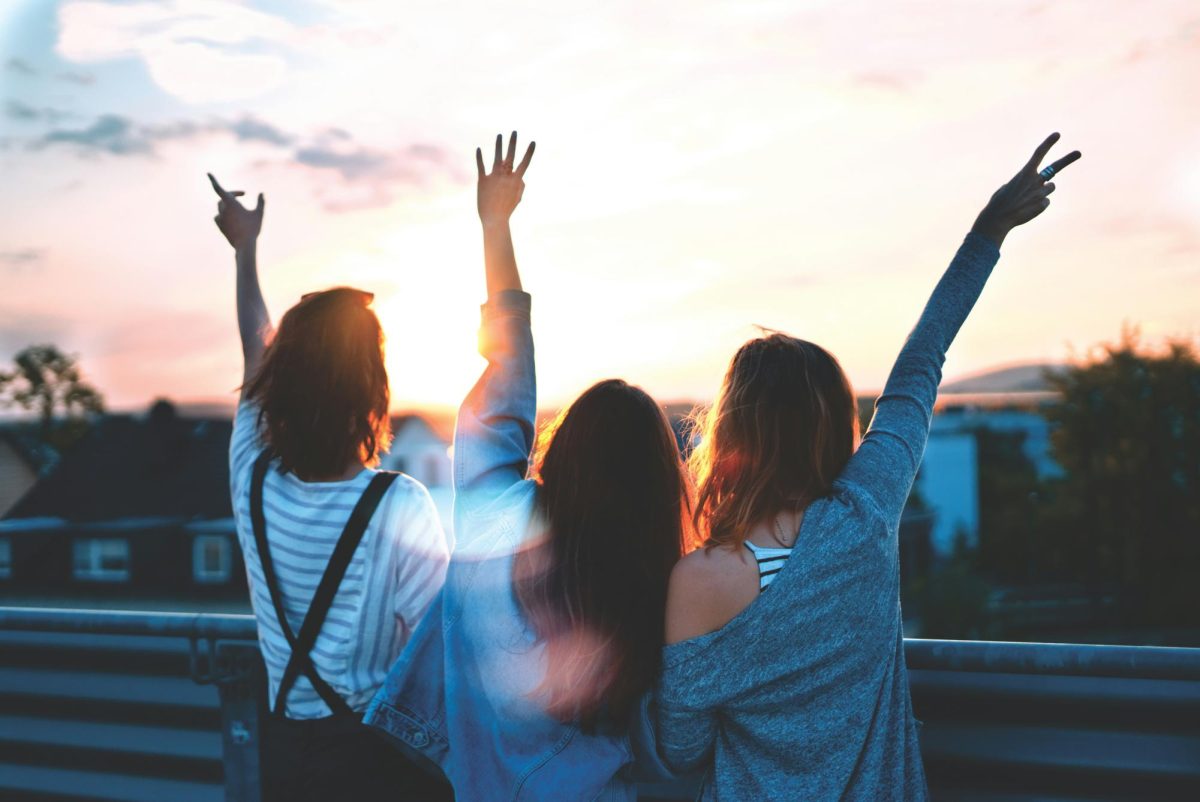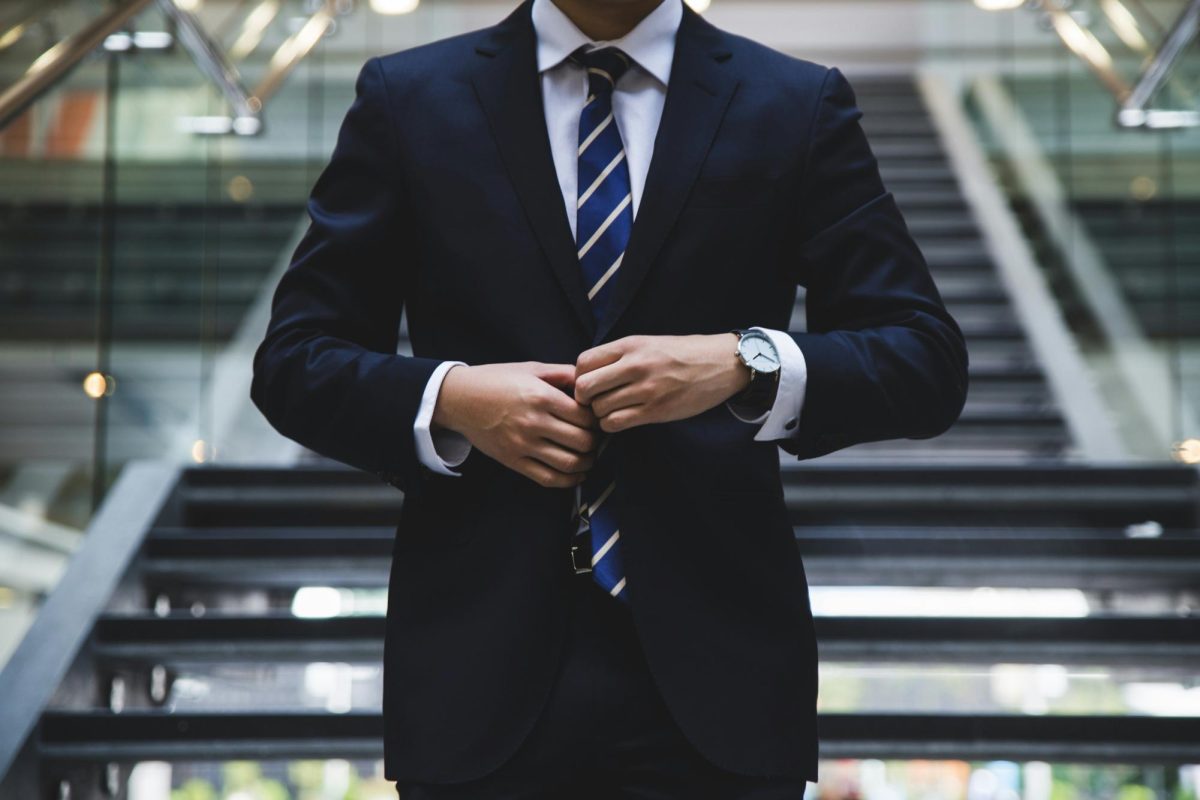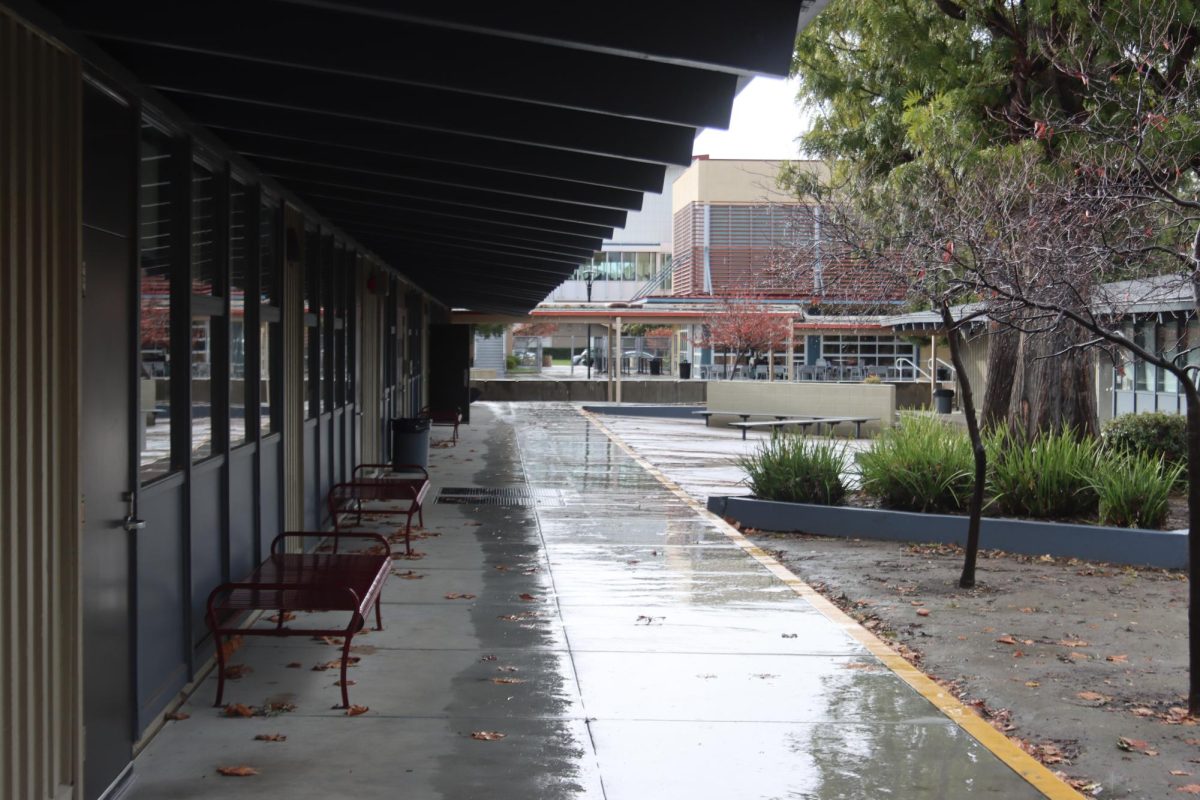Huddled in a dark corner of your room, you are bathed in the eerie glow of your phone, lighting up your face as you stare wide-eyed into your screen. With every swipe of your Instagram doom-scroll, an ominous sense of foreboding creeps in. Your feed taunts you — this person has more followers than me, this person is better looking than me. And yet, despite this nagging urge to stop scrolling, you continue, seeking an elusive validation that you hope will manifest from increasing numbers displayed on your screen.
This is how many television shows and documentaries have portrayed the negative impacts of social media since it first started blowing up in the early 2000s. But even after a lifetime viewing this negative, almost evil portrayal of social media, many of us — the student body — have still fallen into social media addiction. As a staffer explained, “Social media numbs your mind, so it feels good when you’re mindlessly scrolling instead of doing work that requires intense concentration.” This addiction is often fueled by a desire for validation through likes and followers, which releases dopamine, a neurotransmitter associated with pleasure that can further feed addiction. Despite social media’s numerous positive impacts, many people suffer from social media addiction. And so, the question begs to be answered: how much is too much?
“I think these days it is difficult to be active in the school community without a phone or social media.” — The Prospector staffer
Let’s start on one side of the spectrum. Can students even go through high school in 2023 with minimal or no social media? At Tino, a vast majority of students are active on at least one social media platform — it is almost a given. As a staffer noted, “I think these days it is difficult to be active in the school community without a phone or social media.” Social media platforms like Instagram have also shown itself to be a powerful and efficient communication tool that helps enhance one’s high school experience. Being active on social media allows one to stay updated on the numerous events and extracurriculars Cupertino High School offers, easily message friends and acquaintances or contact new people. The ability to search and contact people online is a powerful tool for connecting with others. But once again, it is not imperative. Most school events are announced on the announcements, and clubs typically have recurring meetings.
But how does social media affect those that use it often? After all, many students at CHS are on social media every day. These hours of media usage built into our schedules are bound to have long term effects. Physically, blue light from screens is harmful to your eyes, especially when used for long periods of time, like when scrolling TikTok, adding up over the years. Blue light also decreases your body’s production of melatonin and therefore makes it harder to sleep when using screens at night. This is especially relevant to the student body, as a severe lack of sleep over time can affect one’s circadian rhythm, severely affecting school performance. It gets even worse when you look at the psychological effects of phone usage. Our entire world can be accessed from our phones — this, in addition to companies curating social media to induce addiction and prolong retention in order to generate ad revenue for companies, makes it difficult for students to put their social media down. It is possible for social media to wire our brains for addiction, and to instinctively reach for our phones and open them, often leading to long scrolling sessions. This, combined with the physical effects, can compound into a harmful effect.
Social media usage can also affect our day to day school lives. Having a readily accessible device built to distract us makes it easy to procrastinate on our already heavy workloads, and can build negative habits. As 17 out of 19 staffers agreed, social media has a negative impact on work ethic. “I spend so much time on my phone that I save my work to the last minute,” a staffer said.
Even past work ethic, constant consumption of social media has more cons than pros. A staffer stated, “While it did offer me exposure to new subjects and areas, I could have gained some of that through different sources like news, books, websites, etc. Social media has decreased my ability to be at peace with my mind and sit with my own thoughts for longer. It’s eaten my time, attention span and ability to think as an individual in some aspects.”
Overall, while having social media has proven to be useful, especially in connecting with others or discovering new opportunities, the large amount that students use social media have many negative impacts on their physical, emotional and mental selves.









